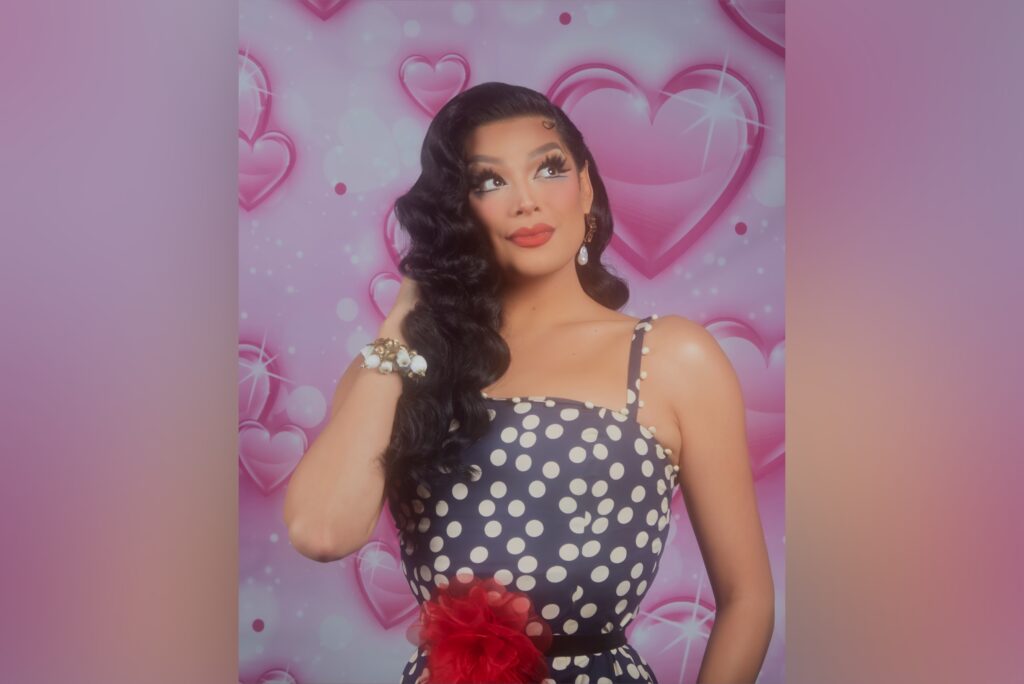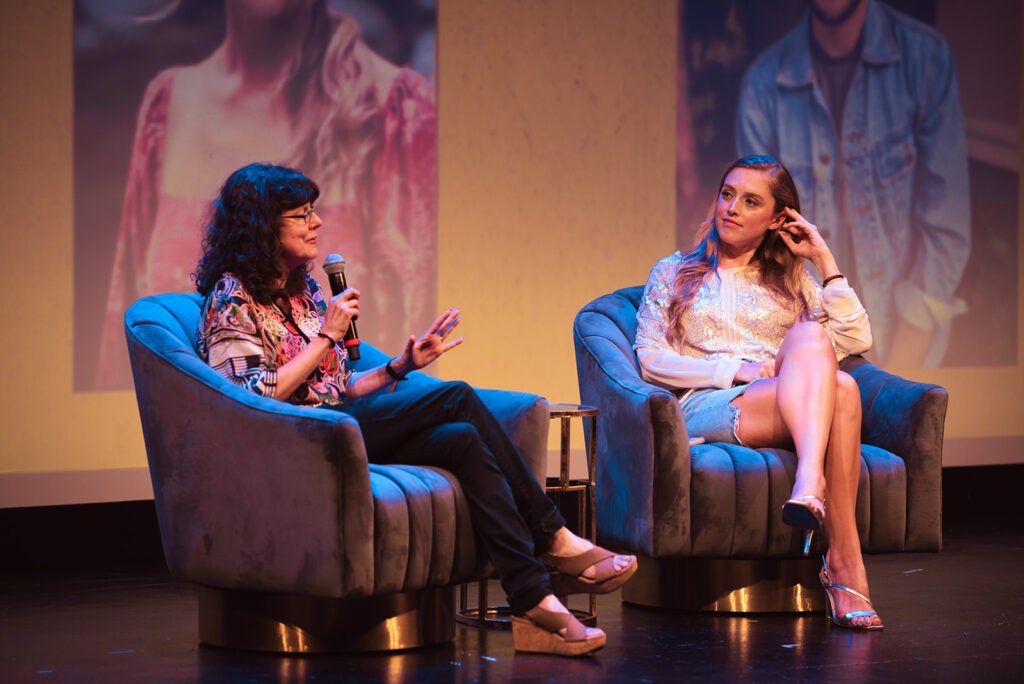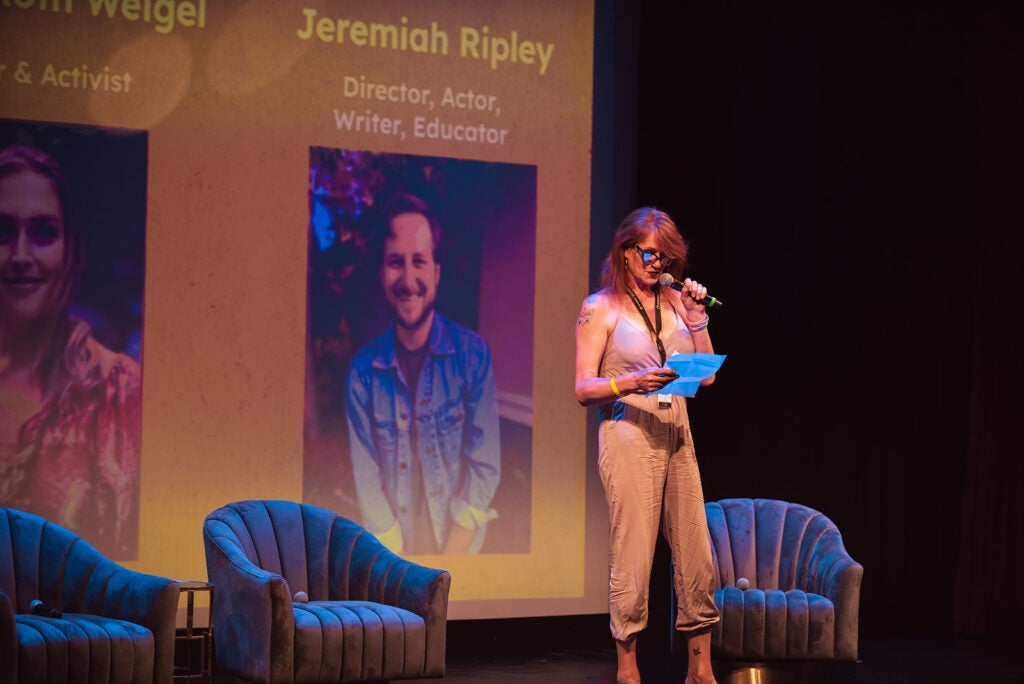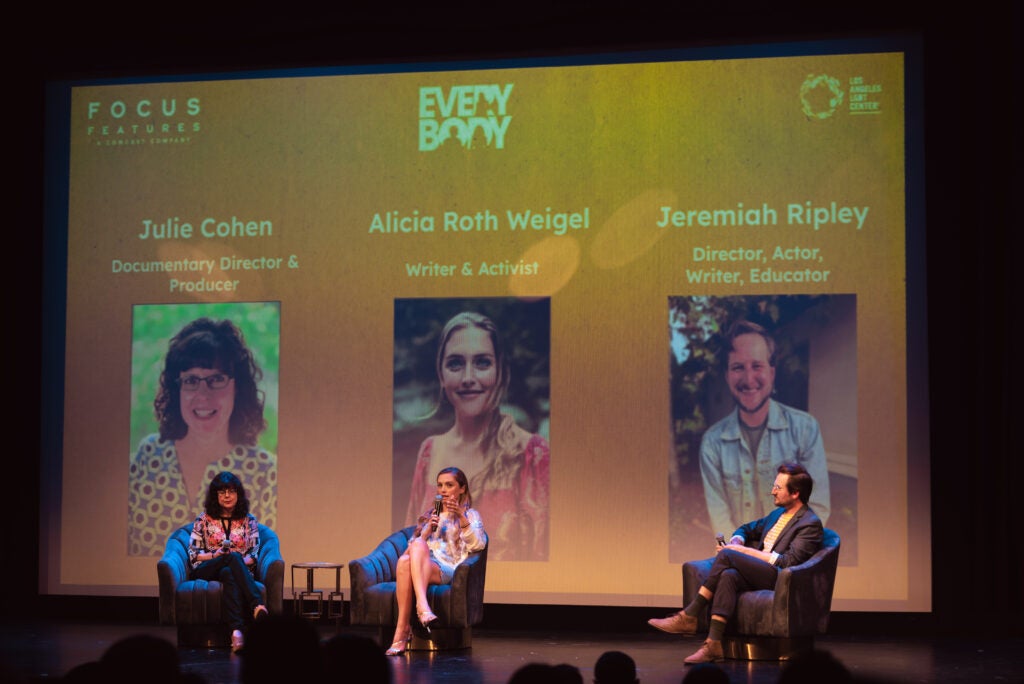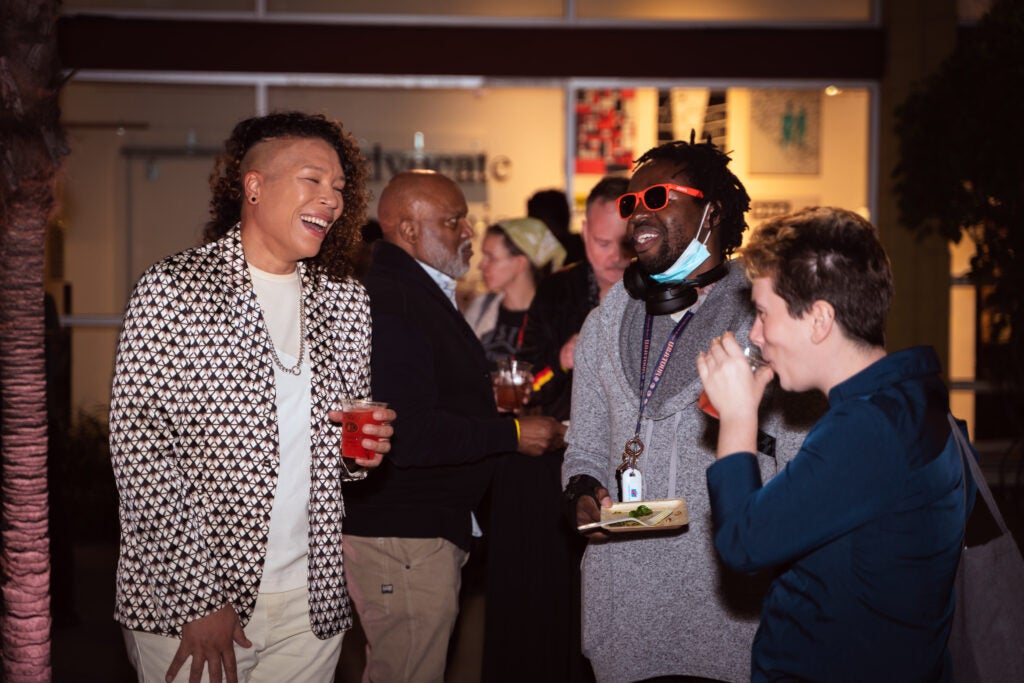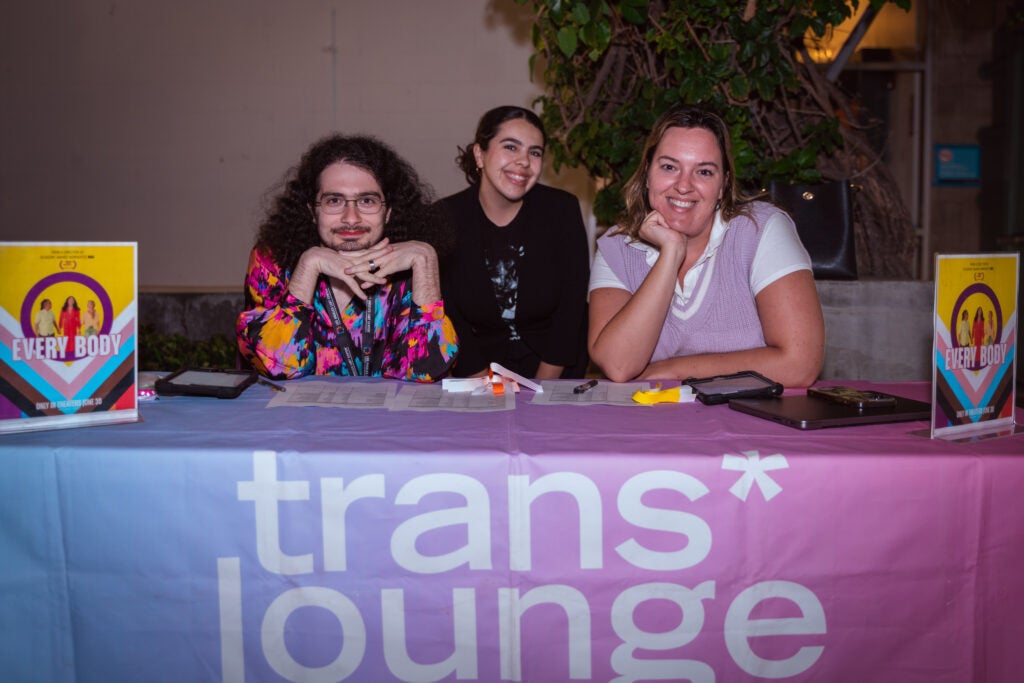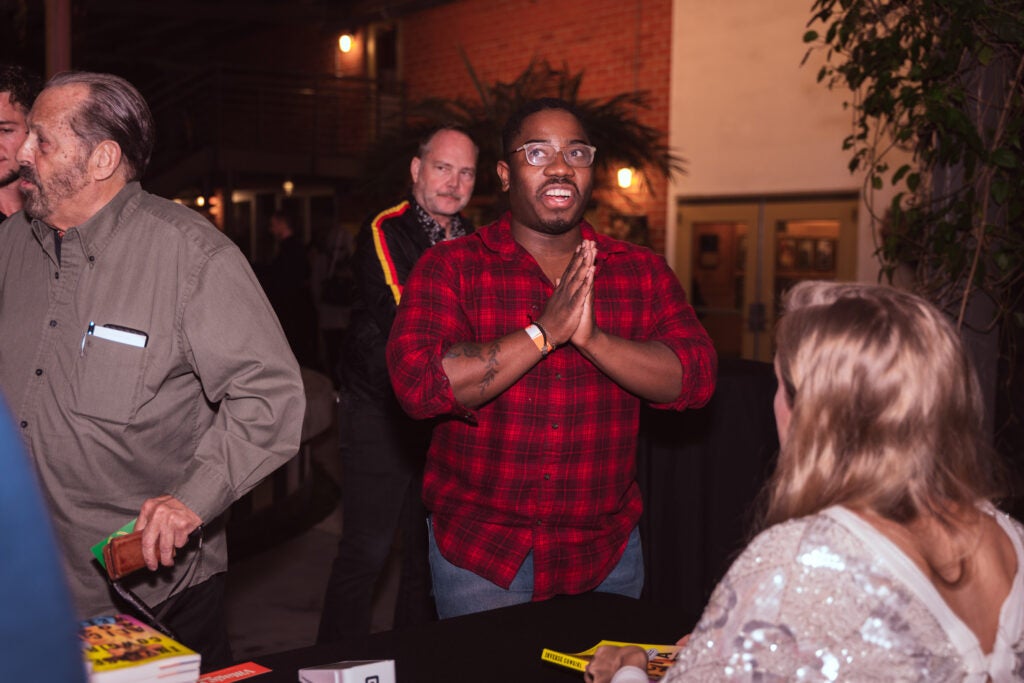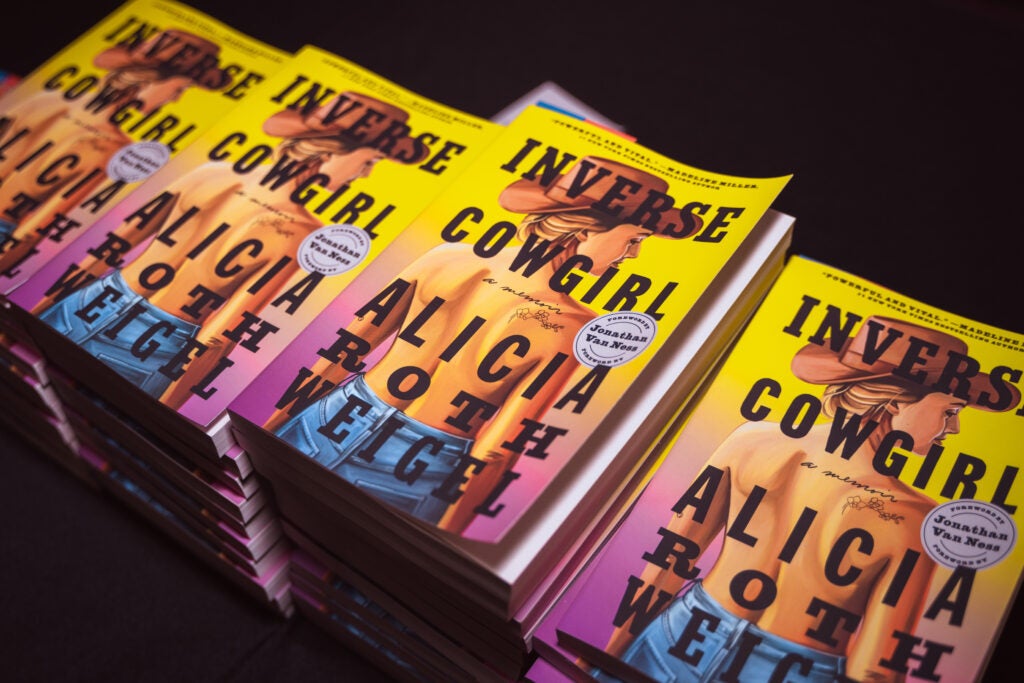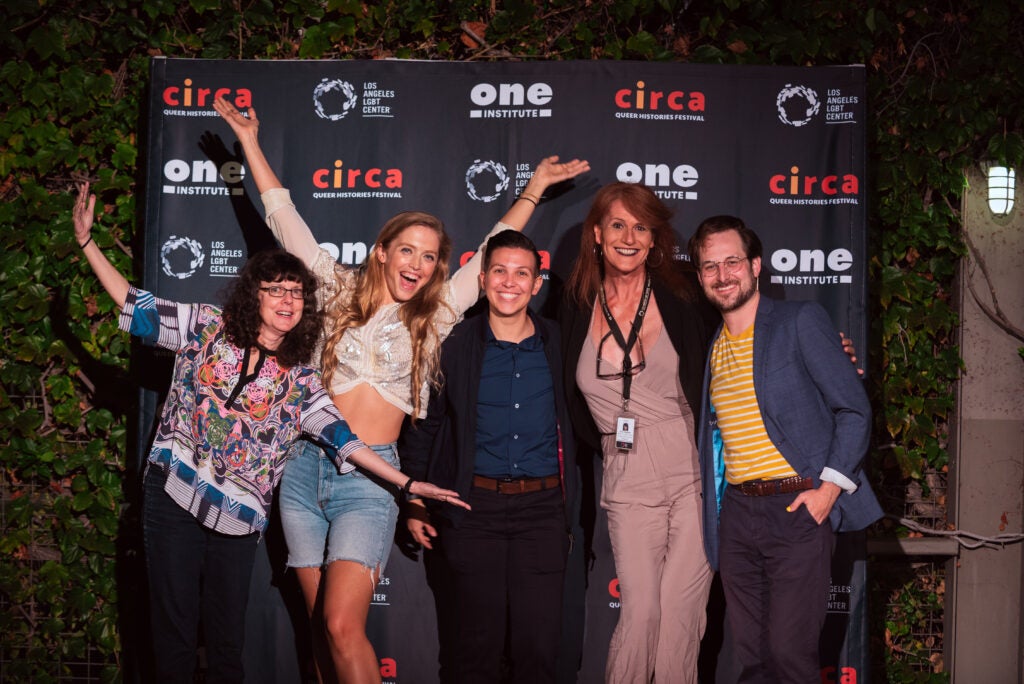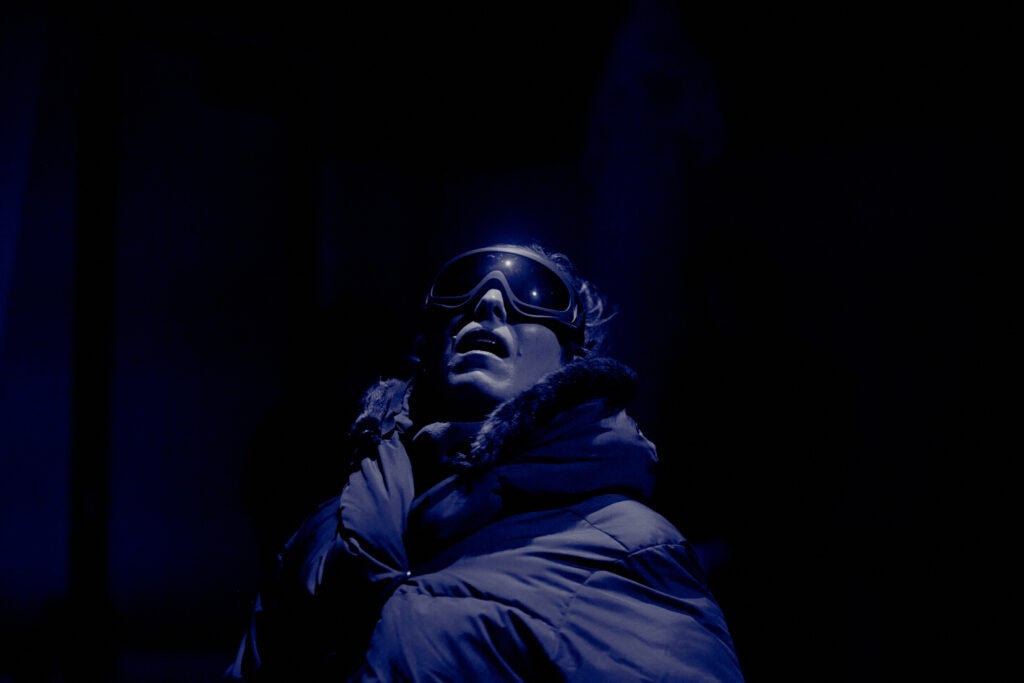“How many of you would say you are intersex-aware?” Documentary filmmaker Julie Cohen polled the audience before a screening of her latest project, Every Body, at the Los Angeles LGBT Center’s Renberg Theatre. Her question was a reference to the screening’s Oct. 26 date, or Intersex Awareness Day. “Whichever category you fall into, I think this film is gonna be for you,” she said.
The film, which first premiered at the Tribeca Film Festival earlier this year, tells the stories of three intersex advocates: actor and filmmaker River Gallo, Intersex Justice Project founder Sean Saifa Wall, and political consultant Alicia Roth Weigel. The trio share their journeys from childhoods marked by shame, secrecy, and non-consensual surgeries to thriving adulthoods defined by a fight for the rights of intersex people everywhere.
“I didn’t set out to make a film about the modern day intersex rights movement, largely because while I knew intersex people existed, I didn’t know about the movement and how much incredible work was going on,” Cohen said in a Q&A following the screening. “[But] the more time I spent with Alicia, River, and Saifa—they were so incredible. The amount of energy and the unfolding of this blossoming movement were so great to watch and to document that it kind of grew and grew to become more and more of the film.”

“Intersex” is an umbrella term that describes a wide variety of people with differences in sex traits or reproductive anatomy. According to experts, about 1.7% of people (or 1 in 2,000 births) are born with intersex traits. Many receive non-consensual and medically unnecessary surgeries as children to “correct” intersex traits at the behest of doctors. They are often made to feel like they should hide their intersex identities and conform to the gender binary.
Much of the modern intersex rights movement is dedicated to fighting this stigma and ending non-consensual surgeries on children—which are considered human rights violations by the United Nations—worldwide.
Cohen’s film goes a long way toward raising visibility and advancing the intersex rights movement, says Weigel, who appeared alongside Cohen at the screening and Q&A.
We are real. The boxes on a birth certificate were just printed off on someone’s printer paper. I exist here in front of all of you.
Alicia Roth Weigel
“There are so many positives of this film,” she said. “There’s bringing in new allies and there’s educating people, but it’s also helping intersex people feel seen for the very first time. The number of people that have come out because of this film is wild.”
“This film is accomplishing so much for intersex people personally, for our families, and for society,” she continued. “And this is way bigger than any of the three of us.”
The intersex rights movement has long and deep ties to the ongoing fight for transgender rights—Weigel herself first came out as intersex publicly while testifying against an anti-trans bathroom bill before the Texas legislature—but ”our fight is valid in and of itself, not just in its relation to other movements,” she said.
“We are the physical embodiment of nuance,” Weigel said. “Of the fact that nothing that we have been taught is as simple or as easily categorized as [we’re told]. None of that is real. We are real. The boxes on a birth certificate were just printed off on someone’s printer paper. I exist here in front of all of you.”
You can read more about Weigel’s story in her memoir, Inverse Cowgirl, out now.
Read More
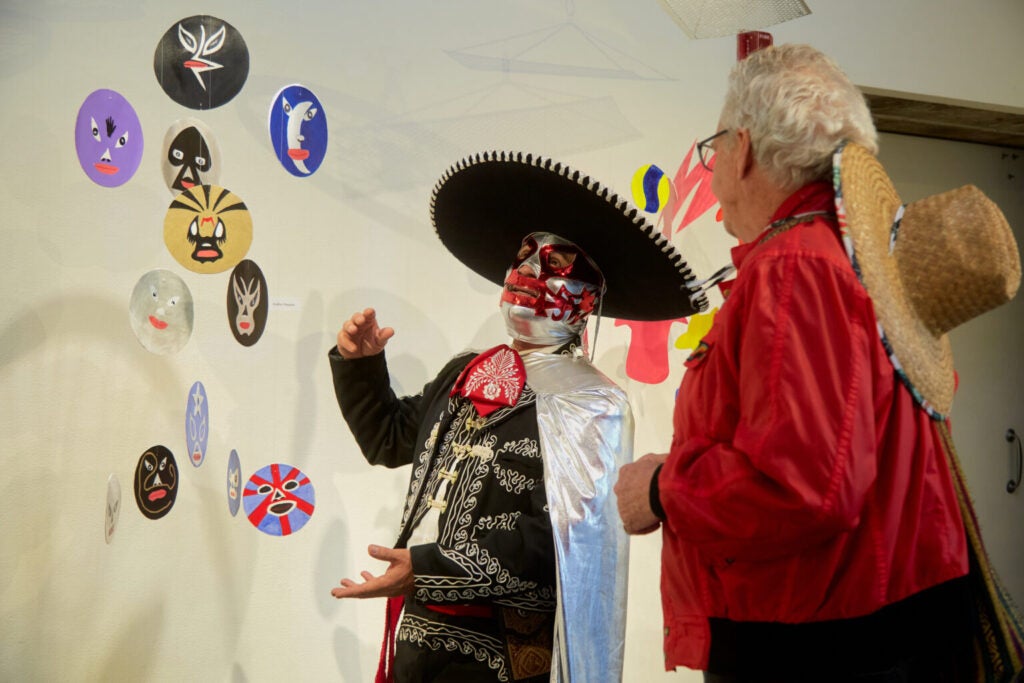
‘Introspections’: The Los Angeles LGBT Center Celebrates Senior Artists in a Special Exhibition

Dylan Mulvaney Talks Dealing with Online Hate at Models of Pride: “They Can't Comprehend a Trans Person Being Happy”
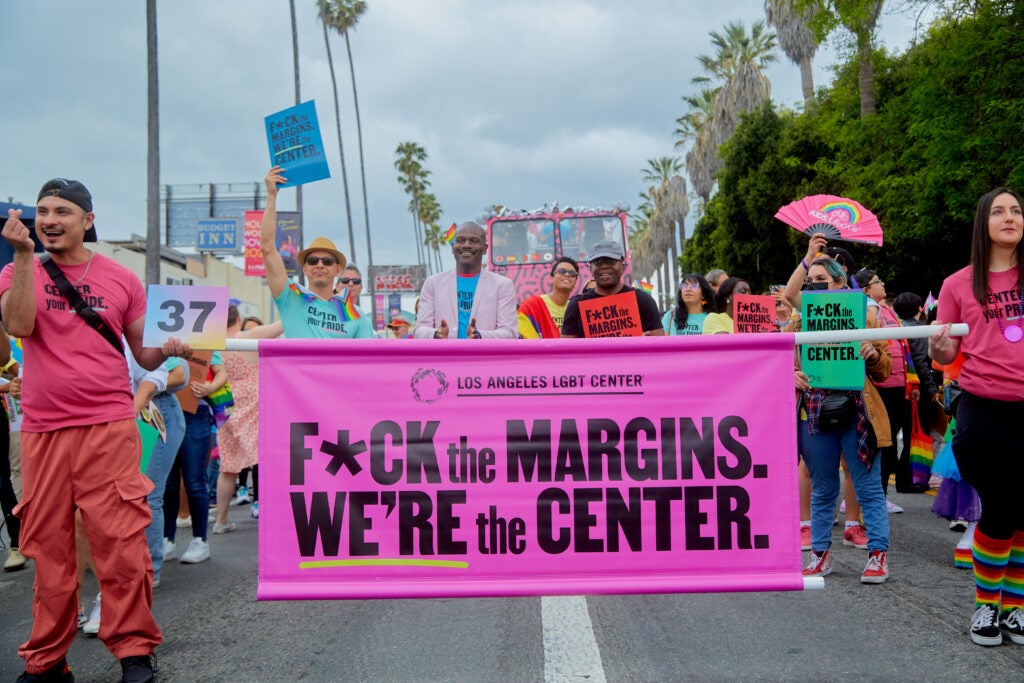
House of Avalon, Sisters of Perpetual Indulgence Join Center Staff and Supporters for LA Pride: “F*ck the Margins. We’re the Center.”
